White House braces for latest US inflation surge
With the government set to release data expected to show US prices rising even higher, President Joe Biden is attempting to downplay the reading and highlight recent improvements not captured by the report.
The Labor Department on Friday will present its November report on consumer prices, which analysts expect will show inflation accelerated from the 30-year high hit in the 12-months ended in October.
The inflation wave is a political liability for Biden, who has seen his public approval ratings sink as prices have spiked, while the Republican opposition has used it to argue against his economic policies.
The president attempted to get ahead of the data, releasing an unusual statement on Thursday saying the report will not encompass recent declines in prices of energy and used cars, two main drivers of the high inflation readings seen this year.
Biden noted that gasoline prices have begun to come down nationally since the latest inflation data was collected.
"The information being released tomorrow on energy in November does not reflect today's reality, and it does not reflect the expected price decreases in the weeks and months ahead, such as in the auto market," Biden said.
The president made fighting inflation a top priority last month after the government reported the consumer price index (CPI) in October rose 6.2 percent compared to the same month last year, the sharpest annual increase since November 1990.
That surprised analysts and gave Republicans ammunition to use against Biden's landmark Build Back Better plan, which would spend $1.8 trillion on improving social services and fighting climate change but faces a tough road in Congress, which his Democrats control by a narrow margin.
Big number, slower pace
Prices have risen this year in the world's largest economy due to a variety of factors, including shortages of components and workers, high demand for goods, and rebounds in industries that were disrupted by the Covid-19 pandemic but are now recovering with the help of vaccines.
Economists predict CPI will rise at a slower rate in November compared to the month prior, but the year-on-year increase will likely be higher than in October.
The degree to which Biden deserves blame for the inflation spike is the subject of debate.
Mickey Levy, chief economist covering the Americas and Asia at Berenberg Capital Markets pointed to the supply bottlenecks, the Federal Reserve's low interest rate policies and pandemic recovery legislation enacted under Biden and his Republican predecessor Donald Trump.
"The Biden administration fears the negative political fallout of the impact of higher inflation on households and is trying to defer the blame on special factors," Levy said.
The White House has argued that its actions helped get the country back on its feet after last year's economic collapse, citing steady declines in the unemployment rate and the number of people filing for unemployment assistance.
At the peak?
Some of the high inflation readings have stemmed from price increases for commodities like oil, which went negative last year at the nadir of the downturn but have risen this year as worldwide demand recovered.
That has pushed gas prices higher in the United States, but they have started to dial back in recent weeks.
Another sticky issue has been prices of automobiles, as a worldwide shortage of semiconductors has caused scarcity of new cars, and raised prices for used cars.
Michael Gapen, chief US economist at Barclays Investment Bank, noted that car prices had started to show signs of decreasing, but then Hurricane Ida destroyed 200,000 cars in the United States in late August, creating a renewed scarcity that will play a part in the November inflation reading.
"My suspicion is it will continue the narrative that inflation is running too high," Gapen told AFP.
The price increases may have nonetheless reached their crest, Gapen said, a view shared by other economists as supply chains unkink themselves and factories rebuild depleted inventories.
"Looking forward, we expect we are at the point, basically, where year-on-year inflation is peaking, and we do expect inflation to slow pretty dramatically over the course of 2022," he said.
(Source: AFP)
VIDEO | Iran: Show of strength
UNRWA will ‘stay, deliver’ aid to Palestinians despite Israel’s ban: Lazzarini
Explainer: What makes Iran's Rezvan and Raad loitering munitions prized assets?
VIDEO | Unseen agony: Missing loved ones of genocide in Gaza
Iran cuts gold import tariff to zero
Pezeshkian: Iran determined to develop, boost ties with neighbors
VIDEO | Israel, Hamas ceasefire agreement: Closer than ever
VIDEO | Gaza ceasefire to be put in place under resistance conditions


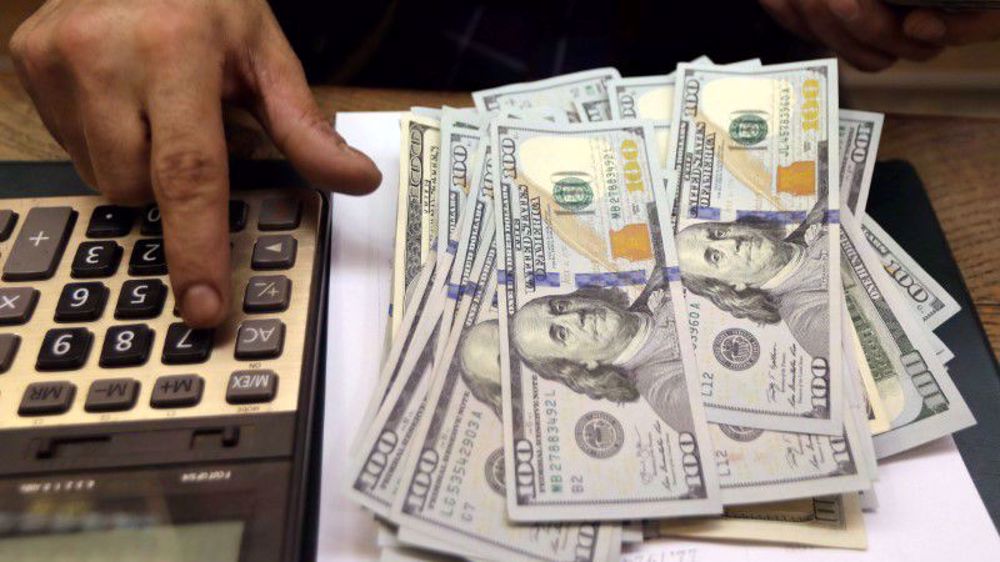
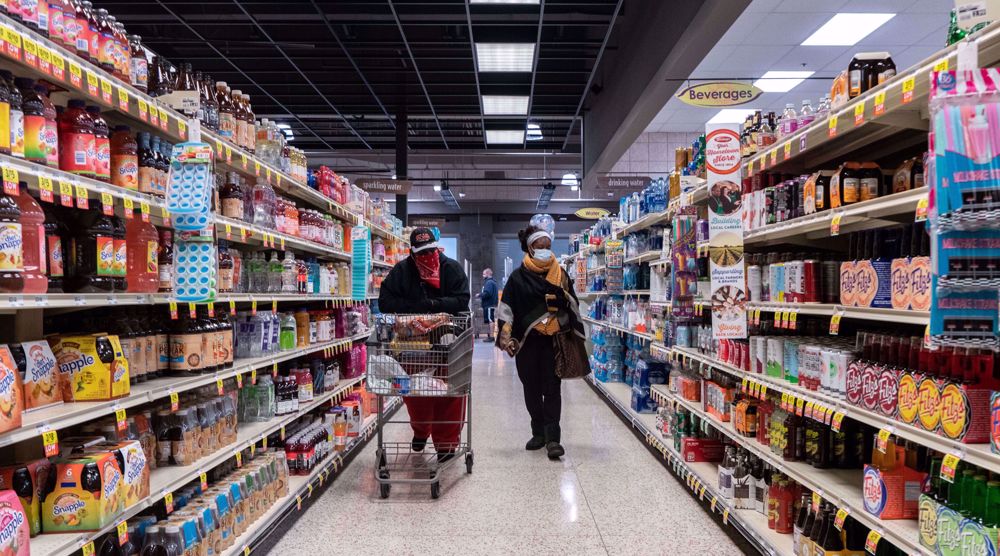
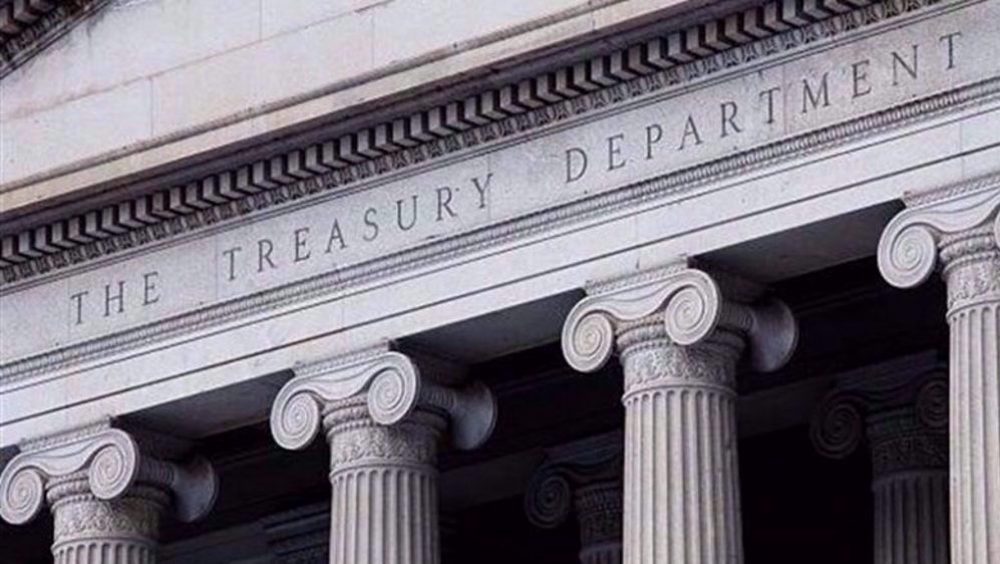
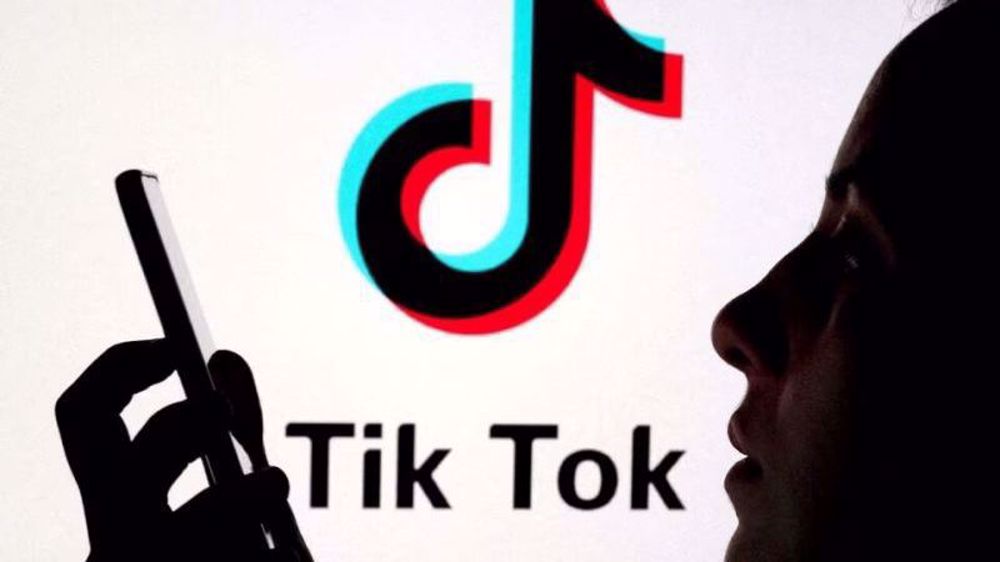
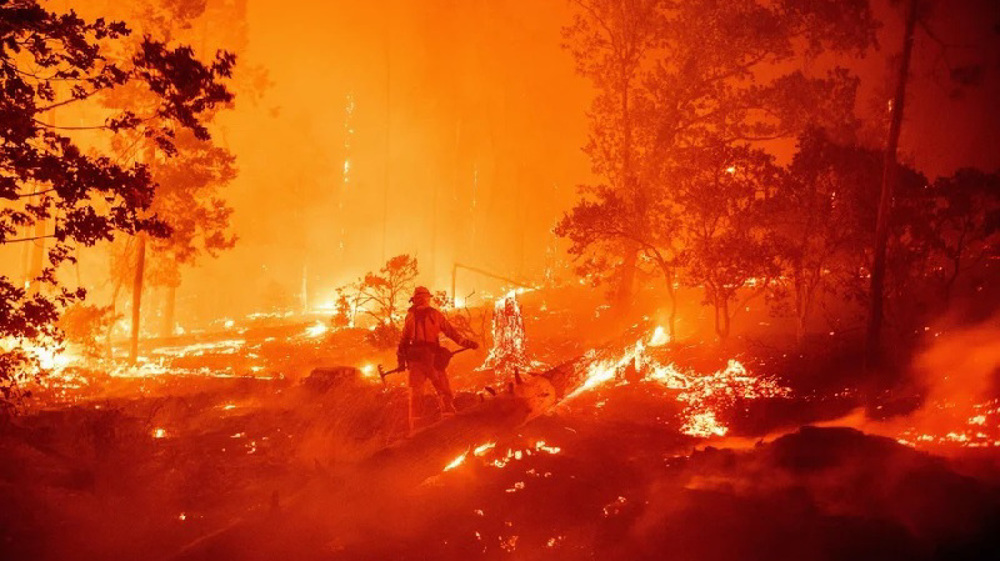



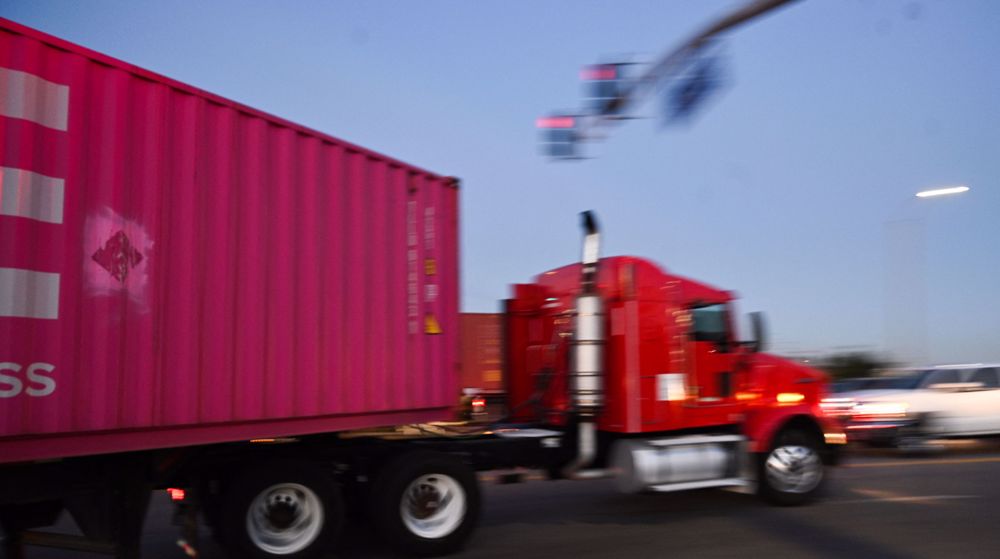
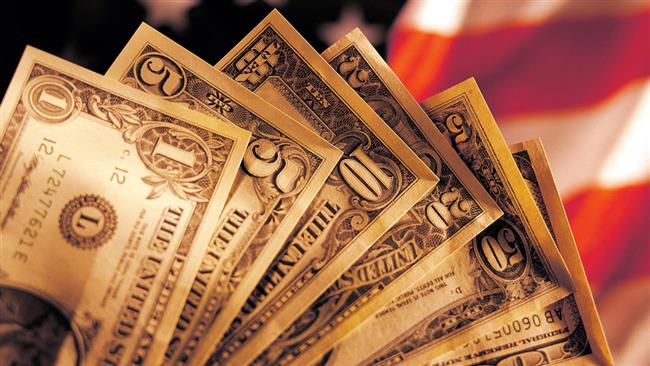

 This makes it easy to access the Press TV website
This makes it easy to access the Press TV website